Indonesia needs more soybean crushing facilities
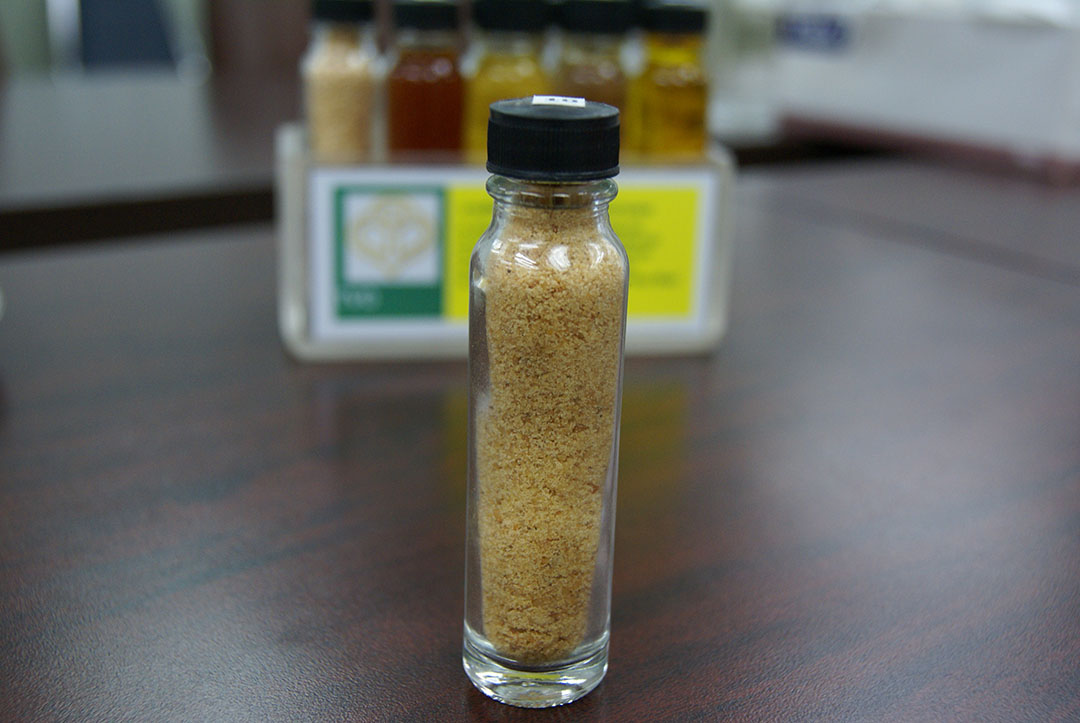
Indonesia is South-East Asia’s second-largest soymeal consumer, but it has no crushing industry. This is because the preferred oil is palm oil. But there is potential, says Rabobank.
Indonesia consumed around 4.4 million tonnes of soymeal in 2017. It is expected to grow further to 5.6 million tonnes in 2027, due to increasing meat production and hence the increased animal feed production where soy is used for. Indonesian meat production is expected to grow from 9 million tonnes in 2018 to 11.6 million tonnes in 2027.
All soybean meal is imported
According to a new report from Rabobank, the abundance of cheaper palm oil in Indonesia is the result of low consumption rates of soy oil. Hence the result that there is no demand for soy crushing plants to make soybean meal and oil. All Indonesian soymeal therefore needs to be imported, mainly from South America.
New plants in Western Java
Rabobank writes that soybean crushing facilities could be built in Indonesia on the back of the growing domestic soymeal demand. These plants need to be located near large soymeal consumption areas and near to soy oil sales destinations. They should offer the logistic capabilities to import soybeans efficiently and distribute or export the soybean meal and oil at low costs. The Western part of Java fits these criteria. With a total of 18.1 million tonnes of feed mill capacity, this region consumes the most soybeans domestically. This area has also established dry bulk-grain ports, minimising logistics costs.
Other areas where animal feed is produced are:
- Sumatra: 18 feed mills (4.2 million tonnes capacity)
- Kalimantan: 3 feed mills (0.8 million tonnes capacity)
- Sulawesi: 7 feed mills (1.5 million tonnes capacity)
- Java: 69 feed mills (18.1 million tonnes capacity).
Rabobank expects that when more soybean crushing facilities will be build, Indonesia can also export the soybean meal and oil to India, Bangladesh and Pakistan for example.
Source: Rabobank
 Beheer
Beheer

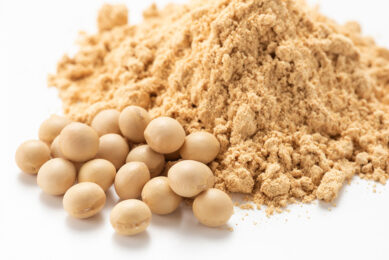
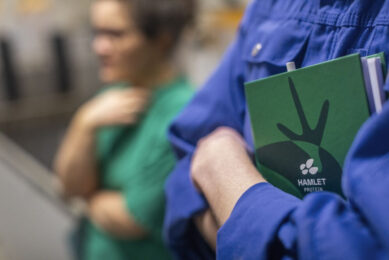
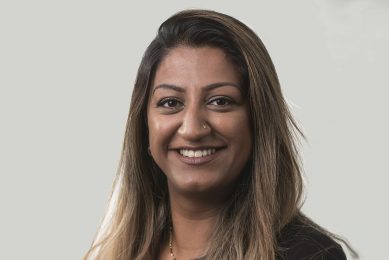
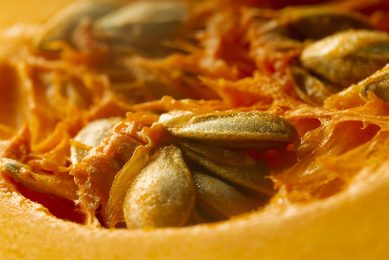




 WP Admin
WP Admin  Bewerk bericht
Bewerk bericht